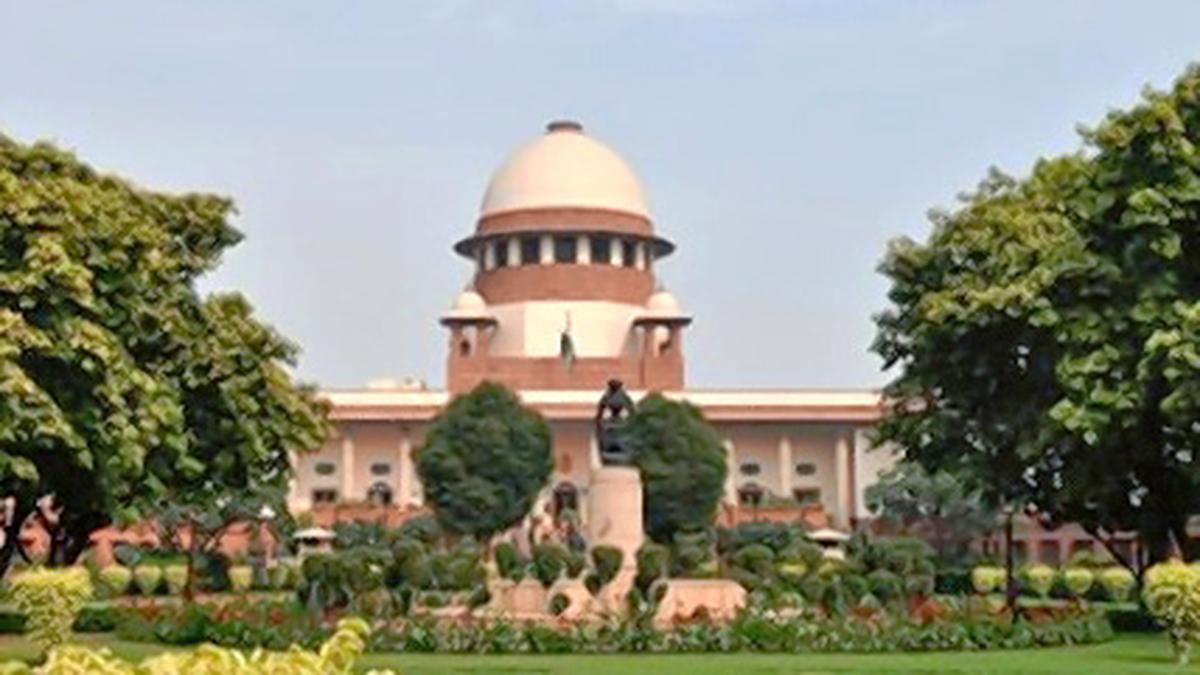
Supreme Court refused to urgently list for hearing an interim plea challenging mandatory registration of all waqfs, including waqf-by-users under the UMEED portal.
| Photo Credit: Sushil Kumar Verma
The Supreme Court on Friday (August 22, 2025) refused to urgently list for hearing an interim plea challenging mandatory registration of all waqfs, including waqf-by-users under the UMEED portal.
The Centre had on June 6 launched the Unified Waqf Management, Empowerment, Efficiency and Development Act, 1995 (UMEED) Central Portal to create a digital inventory after geo-tagging all Waqf properties.
As per the mandate of the UMEED portal, details of all registered Waqf properties across India are to be mandatorily uploaded within six months.
On May 22, a bench headed by Chief Justice B.R. Gavai had reserved interim orders on three key issues in the waqf case.
One of the issues relate to the power to denotify properties declared as “waqf by courts, waqf-by-user or waqf by deed” prescribed in Waqf (Amendment) Act, 2025.
On Friday (August 22, 2025), a lawyer told the bench that the Centre has the portal which calls for “mandatory registration of all waqfs, including waqfs by users”.
The lawyer said that requirements are such that waqf-by-users cannot be registered.
“We sought to file an interim application for directions, but the (apex court) registry is not allowing it saying that the judgment is already reserved,” the lawyer said.

“We have already reserved the order in the matter,” the CJI said.
The problem is that the clock is ticking and the Centre has given six months time for registration of the properties, the lawyer said.
“You register it… nobody is refusing you the registration”, the CJI said, adding that this aspect may be dealt with later.
The top court reserved the order on various issues, including the issue of denotification of waqf properties and composition of state waqf boards and the Central Waqf Council.
The third issue relates to a provision that says a waqf property will not be treated as a waqf when the collector conducts an inquiry to ascertain if the property is government land.
The Centre had strongly defended the Act, saying waqf by its very nature was a “secular concept” and can’t be stayed given the “presumption of constitutionality” in its favour.
Published – August 22, 2025 02:23 pm IST




















